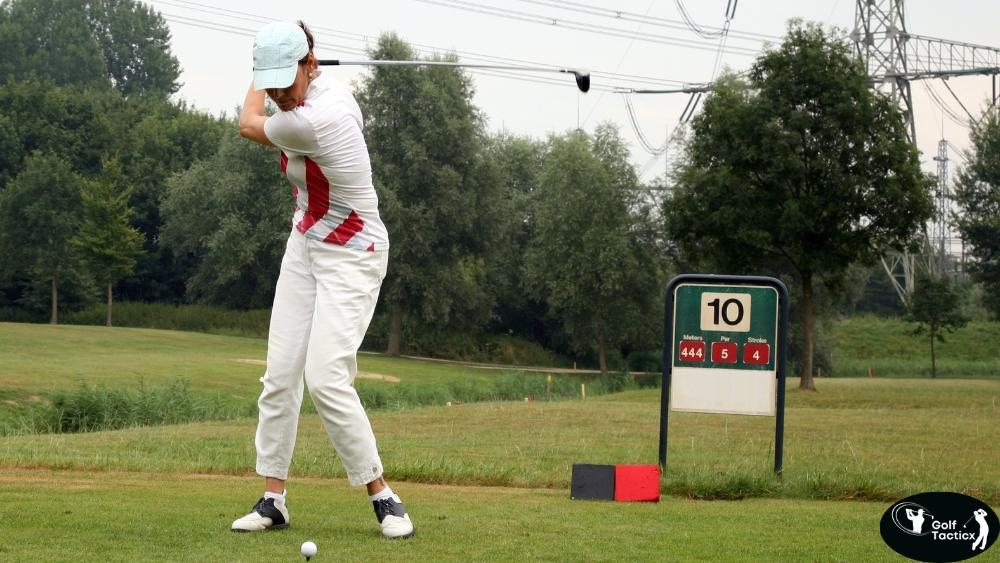In our previous posts, we’ve covered selecting the right club, planning your approach shots, managing risk and reward on challenging holes, and adjusting your game based on course conditions. Now, let’s focus on developing a smart game plan before you step onto the course, a crucial step in setting yourself up for success.
Why Developing a Smart Golf Plan Before Round
A well-thought-out game plan serves as your roadmap for the round. It helps you make informed decisions, manage your strengths and weaknesses, and stay focused throughout the game. Without a plan, you might find yourself reacting to situations rather than proactively managing them.
Steps to Create Your Pre-Round Game Plan
Assess Your Current Skill Level
Before you can plan effectively, it’s essential to understand your current abilities. Reflect on your recent rounds:
Driving Accuracy: How often do you hit the fairway off the tee?
Approach Shots: Are you hitting greens in regulation?
Short Game: How consistent are you with chipping and putting?
Course Management: Do you make strategic decisions or play reactively?
Identifying areas of strength and weakness will guide your strategy.
Study the Course Layout
Familiarize yourself with the course you’ll be playing:
Course Map: Review the layout to understand hole distances, hazards, and green placements.
Signature Holes: Identify challenging holes that may require special attention.
Tee Boxes: Choose tee boxes that match your skill level to ensure a fair challenge.
Many courses offer digital maps or apps that provide detailed information.
Set Realistic Goals
Establish achievable objectives for your round:
- Score Targets: Aim for a specific score based on your handicap and recent performances.
- Fairways Hit: Set a goal for the percentage of fairways you intend to hit.
- Greens in Regulation: Decide on a target number of greens you aim to reach in regulation.
- Putts Per Round: Establish a reasonable number of putts you strive to achieve.
Setting these goals provides direction and motivation.
Plan Your Shot Strategy
Develop a strategy for each hole:
Tee Shots: Decide which club to use based on your driving accuracy and the hole’s layout.
Approach Shots: Plan for the distance to the green and consider any hazards.
Short Game: Identify areas around the green where you can practice chipping and putting.
Course Management: Decide when to play aggressively and when to play conservatively.
A strategic approach helps in making informed decisions during the round.
Prepare Mentally and Physically
Mental and physical preparation is key:
- Visualization: Imagine successful shots and positive outcomes.
- Relaxation Techniques: Practice deep breathing or meditation to stay calm.
- Physical Warm-Up: Engage in light stretching and practice swings to prepare your body.
A relaxed and focused mindset enhances performance.
Gather Essential Equipment
Ensure you have the necessary gear:
Clubs: Bring a full set, including a driver, irons, wedges, and a putter.
Balls: Carry enough golf balls, considering the course’s difficulty.
Tees: Have a sufficient number of tees for your round.
Accessories: Include a glove, rangefinder, and any personal items like a hat or sunscreen.
Having the right equipment ensures you’re prepared for any situation.
Review Basic Golf Etiquette
Familiarize yourself with golf etiquette:
Pace of Play: Keep up with the group ahead and be ready for your turn.
Course Care: Repair divots, ball marks, and rake bunkers after use.
Respect: Maintain silence and stillness when others are hitting.
Good etiquette contributes to a positive experience for everyone.
Practical Tips for Beginners
Stay Positive: Focus on the process, not just the outcome.
Be Patient: Understand that improvement takes time and practice.
Learn from Mistakes: Use errors as learning opportunities to enhance your game.
Enjoy the Game: Remember, golf is about having fun and enjoying the outdoors.
Recommended Resources
To further assist you in developing a smart game plan, consider the following resources:
Golf for Beginners: A 7-Step Quickstart Guide
An in-depth guide covering the essentials of starting your golf journey, including equipment selection and basic techniques.
A Beginner’s Golf Guide: What Every New Golfer Should Know
This article provides valuable insights into the fundamentals of golf, from equipment to etiquette.
Conclusion
Developing a Smart Golf Plan Before Round is essential for beginners. It helps you stay focused, make better decisions, and manage your time on the course. By understanding your strengths and weaknesses, you can set achievable goals, improve your performance, and enjoy the game more.
In our next post, we’ll dive into Mastering Golf Game in Windy Conditions, sharing expert tips to help you stay consistent and confident when the wind tries to throw you off.
















Leave a Reply